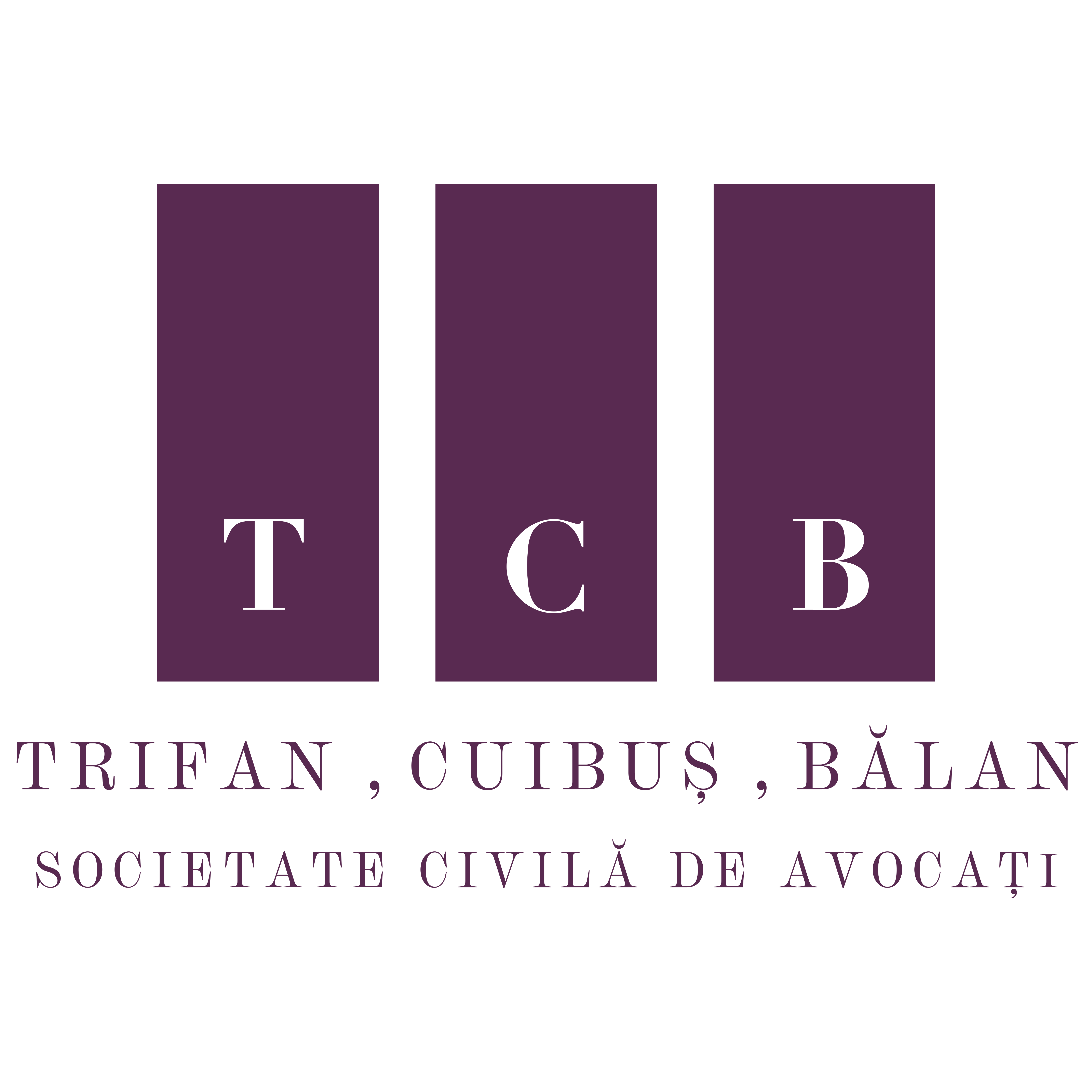Damage of 300,000 Euros created in the 10 years of carelessness. Family broken up and evicted from their own home.

For 10 years, the Romanian Orthodox Church and the Codru Monastery have been ignoring the court order to oblige the builder to pay for the beautiful works done by him at the Monastery.
Although the works were carried out since 2011 by a family company from Câmpia Turzii, the Monastery decided to refuse payment for the contracted works, which led to the resolution of the issue in court. In the case, several pieces of evidence were administered, from witnesses to technical expertise in construction, the court’s conclusion being that the work performed was completed and met all quality criteria, and the Monastery abusively refused to sign the report of reception. The sentence remained final and irrevocable at the Cluj Specialized Court by canceling the appeal.
However, even to this day Codru Monastery has not paid a single leu for the beautiful work, arguing that this task falls to the Romanian Orthodox Church. In turn, B.O.R. states that he has no obligation to appropriate his work. Moreover, the attempted enforcement was challenged, defiantly demanding that the injured party pay the legal costs of the Monastery.
In this game of indifference, full of words of false repentance, the Monastery and the B.O.R. they managed to break up and ruin the family that handled the works. The two husbands who own the construction company went into financial collapse due to the sting they received from the church leaders, they lost their home, being evicted by the bank because they could no longer pay their installments, they divorced and are still in foreclosure by creditors who in turn failed to pay them.
Without scruples, the church representatives state in the documents submitted to the execution court that their assets are sacred and cannot be forcibly executed, thus imposing, in their opinion, the cancellation of the execution file. We ask ourselves the question: why do they voluntarily not comply with the obligations established by the court? At the time they contracted the work, were the goods not holy? Did they know from the moment they signed the contract that they would never be able to pay for the contracted work?
If the answer is affirmative, the deed is a serious one, being provided as a crime by the Criminal Code at art. 239 para. 2, respectively: the act of the person who, knowing that he will not be able to pay, purchases goods or services causing damage to the creditor (Abuse of trust by defrauding creditors) is punished with imprisonment from 6 months to 3 years or with a fine.
In this case, the damage reached 300,000 Euros and it is not certain that it will ever be recovered through legal means. But it is never too late for a benevolent correction of the situation.



